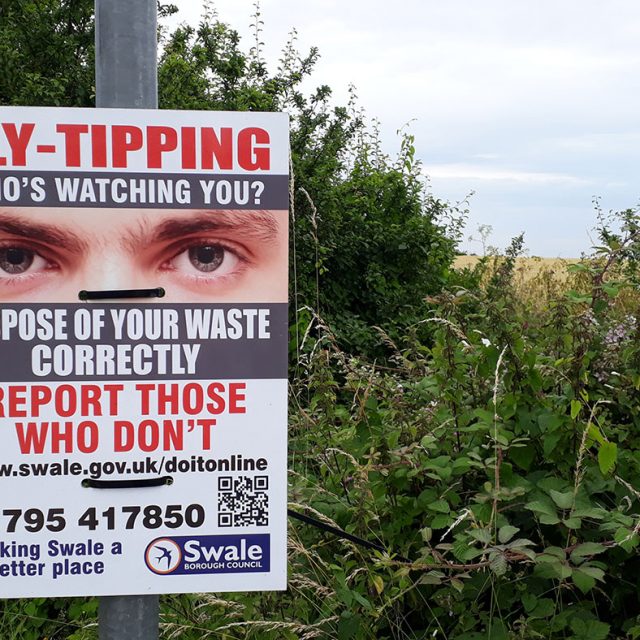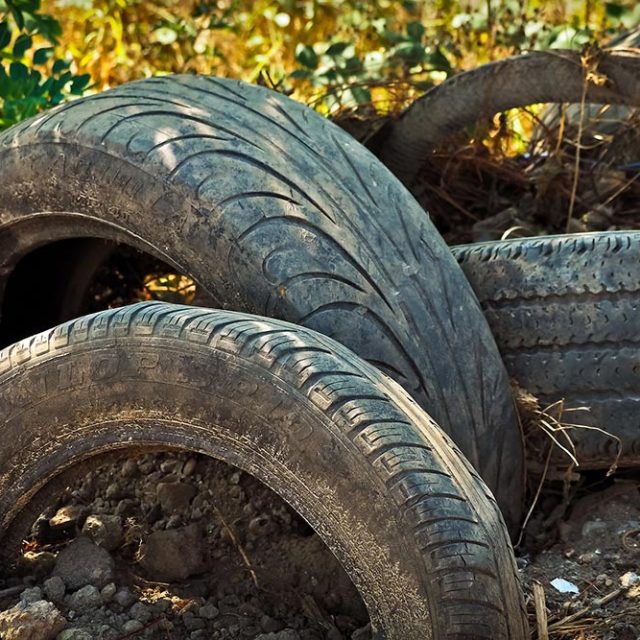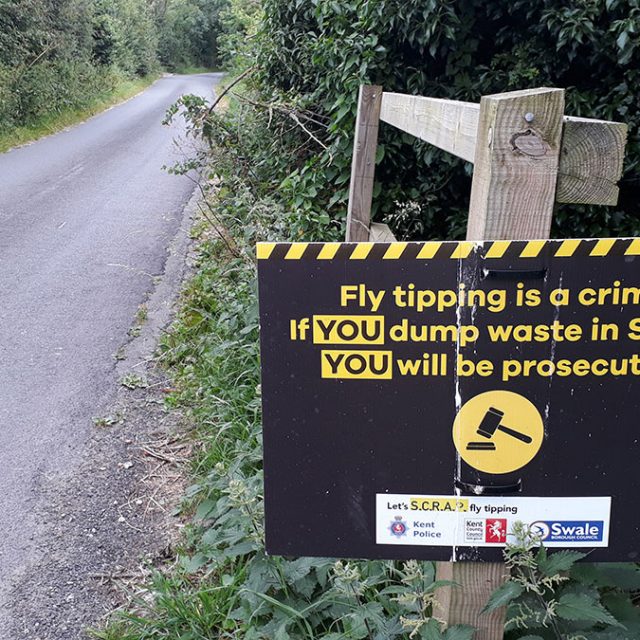Six ways to prevent Flytipping
In recent years, flytipping has become an increasing problem. Particularly rife in remote, rural areas and empty buildings, this irresponsible and illegal practice can cause accidents, damage to the environment and escalating costs to businesses and local councils for its removal.
In 2014, tougher penalties were brought in to dissuade flytippers. Fines start from £95,000 for smaller businesses, up to £3m for a large company, and three-year prison sentences for the worst offenders. Although it is still widespread, there are steps that you can take to protect your business and prevent flytipping.
- Ensure that your own business waste is disposed of in a safe, responsible way. (Failing to ensure waste is disposed of correctly is an offence under the Environmental Protection Act 1990.) Collectors must be registered as a waste carrier, broker or dealer. Check the government website to ensure that yours is registered.
- Keep gates, barriers and fences around your business secure, locked and in good condition. Keep any plants and hedges neat to ensure good visibility and install signage to show that flytippers will be prosecuted. Perimeters that look well cared for are less likely targets for flytippers.
- Report any flytipping incidents to your local council as quickly as possible. Waste that is left unchecked can encourage further incidents. Check the government website for the right contact details for your area.
- If your business experiences frequent flytipping problems, consider enlisting a security patrol team to help. Properties that are empty or undergoing development can benefit from manned guarding, providing a constant visible presence.
- Well-lit sites discourage flytippers, who often work at night. LED site lighting provides an environmentally conscious solution, excellent illumination, and low running costs.
- Consider movable CCTV cameras in particularly vulnerable areas. Mobile CCTV camera units and signage provide an excellent deterrent, can be linked by a wireless access point, or can have built in wifi to connect to a laptop. Temporary mobile CCTV cameras can be connected to a remote monitoring centre with 24 hour operation, allowing trained staff to speak directly to trespassers, and contact the police if necessary. Mobile CCTV cameras are particularly advantageous as they can be moved periodically to cover different areas that prove vulnerable to flytipping.
To discuss a tailored solution to help you to prevent flytipping, from temporary mobile CCTV cameras and low energy LED lighting to security patrolling and signage, contact us on enquiries@secureeng.co.uk or call our office on 01622 844244



